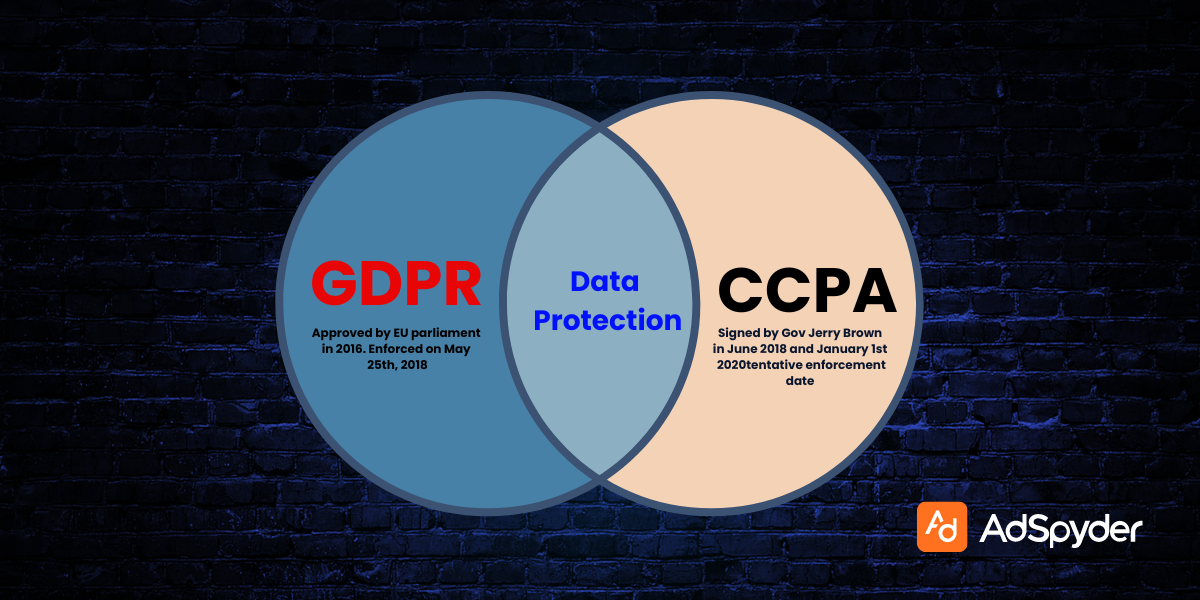In today’s digital age, data has evolved into a valuable currency, and with this currency comes the responsibility to protect user privacy. Nowhere is this responsibility more critical than in the realm of gambling advertisements, where personalized and targeted ads play a substantial role in attracting potential bettors. As advertisers leverage user data to deliver enticing promotions, it becomes imperative to prioritize the security and privacy of that data. This comprehensive guide delves deep into the significance of data protection in gambling advertising, including data privacy in Ads, the measures implemented to collect and secure user data, the pivotal role of user consent, and the adherence to privacy regulations such as GDPR and CCPA. Moreover, it underscores the importance of transparency in data practices as a fundamental factor in building user trust and cultivating a sustainable relationship between advertisers and their audiences.
Data Collection and Security
The collection of user data stands as an integral component of delivering personalized gambling advertisements, including Google Ads personal data. This valuable data encompasses user demographics, browsing behavior, and preferences. However, with great power comes great responsibility. Advertisers must establish robust data security measures to ensure that user information remains safeguarded against unauthorized access and potential data breaches. Encryption, secure data storage, and periodic security audits are indispensable components of a formidable data protection strategy.
In 2020, the global average cost of a data breach amounted to a staggering $3.86 million.
Data Handling and Consent
Responsible data handling stands as a linchpin of ethical gambling advertising, addressing social media data collection privacy and data collection and privacy issues. Advertisers should wield the collected data solely for its intended purpose, which is to deliver pertinent and precisely targeted advertisements to users. The pivotal step in this process is obtaining explicit user consent for data collection, addressing the collection of personal data. Users must be fully informed about how their data will be utilized and be granted the option to opt-out of data collection and tracking should they choose.
A substantial 57% of consumers express discomfort with companies using their data to personalize their experiences.
Compliance with GDPR and CCPA

In recognition of the paramount importance of data protection and user privacy, governments worldwide have introduced stringent privacy regulations to safeguard user rights. Prominent among these regulations are the General Data Protection Regulation (GDPR) in Europe and the California Consumer Privacy Act (CCPA) in the United States. These regulations necessitate that companies protect user data, exhibit transparency in data practices, and respect user rights, including Google personal ad profile. Advertisers must meticulously adhere to these guidelines to ensure compliance and to preserve user privacy.
In 2020, the fines for non-compliance with GDPR exceeded an astonishing €170 million.
Transparency in Data Practices
Transparency assumes a pivotal role in responsible data practices. Advertisers must be open and forthright about their data handling processes and privacy policies, addressing Google Ads personal data and social media data collection privacy. This entails transparently conveying to users how their data will be employed, the nature of data to be collected, and the duration of data retention. Granting users the capability to access and erase their data represents another fundamental facet of transparency. By embracing transparency, advertisers can cultivate user trust and confidence in the brand.
A resounding 86% of consumers insist that transparency from businesses has attained heightened importance.
Conclusion
Safeguarding user data and privacy within the domain of gambling advertisements stands as not only a legal obligation but also an intrinsic ethical responsibility. Advertisers must accord top priority to data protection by responsibly collecting data, implementing robust security measures, and securing user consent. Compliance with privacy regulations such as GDPR and CCPA assumes paramount importance to evade substantial fines and to protect user rights. By nurturing transparency in data practices, advertisers can forge user trust and loyalty, thereby contributing to a more sustainable and reputable landscape of gambling advertising. Prioritizing data privacy redounds to the benefit of users and establishes advertisers as responsible and trustworthy stakeholders in the fiercely competitive sphere of online gambling. In an era fraught with data breaches and heightened privacy concerns, the commitment to data protection and transparency can serve as a distinguishing factor for advertisers aiming to cultivate enduring relationships with their audiences. Ultimately, the dedication to data protection and transparency creates a mutually beneficial scenario for both advertisers and users within the realm of gambling advertising.



